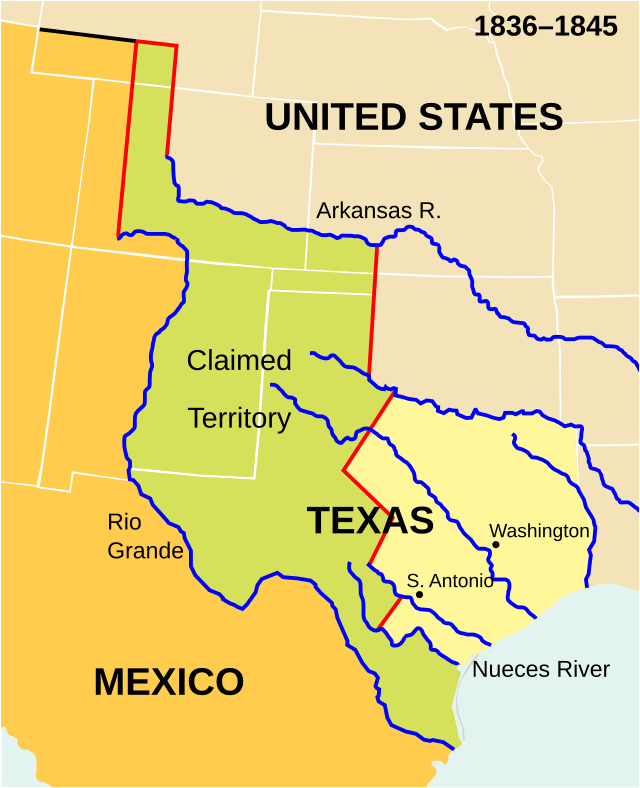We know that his priority will be internal development and improvement over territorial expansion.
This time, Federal patronage of internal improvements would include patronage of railroads, not just harbors, canals, and turnpikes.
He would support a higher tariff and more federal patronage of education and science.
On the issue of territorial frontiers, in a vacuum, he would leave the country's boundaries alone. But external developments might not give him a choice. For example, he might be content to keep the status quo of Anglo-American co-Dominion over the Oregon Country going, but if things were coming to a head to force an ultimate definition of separate British and American spheres, he would seek to ensure there is an American sphere or at least an American-aligned non-British sphere.
More important than President-elect Clay's decisions will be the decisions of outgoing President Tyler. Will he, and the outgoing Congress, respect the wishes of President-elect Clay to *not* annex Texas? Or will they vote it through during their remaining months in power, leaving Clay with a fait accompli.
If Tyler and the Congress do the latter, and annex and admit Texas, Clay will be stuck with Texas in the Union of which he is President. But his Administration is still not stuck entirely on Polk's path. He does not need to endorse or fully support the maximal interpretation of the Texas boundary or place federal troops in those forward positions. So unless the Mexican government elects to declare war on the USA, or attack parts of Texas that Clay and the Whigs accept as indisputably part of Texas and the United States, the Mexican-American War can be avoided.
Now American Mormon settlement around Great Salt Lake probably cannot be avoided. And whether a successful California independence revolt, whether led by Anglophones or by Spanish-speaking Californios can be avoided, is another question.

